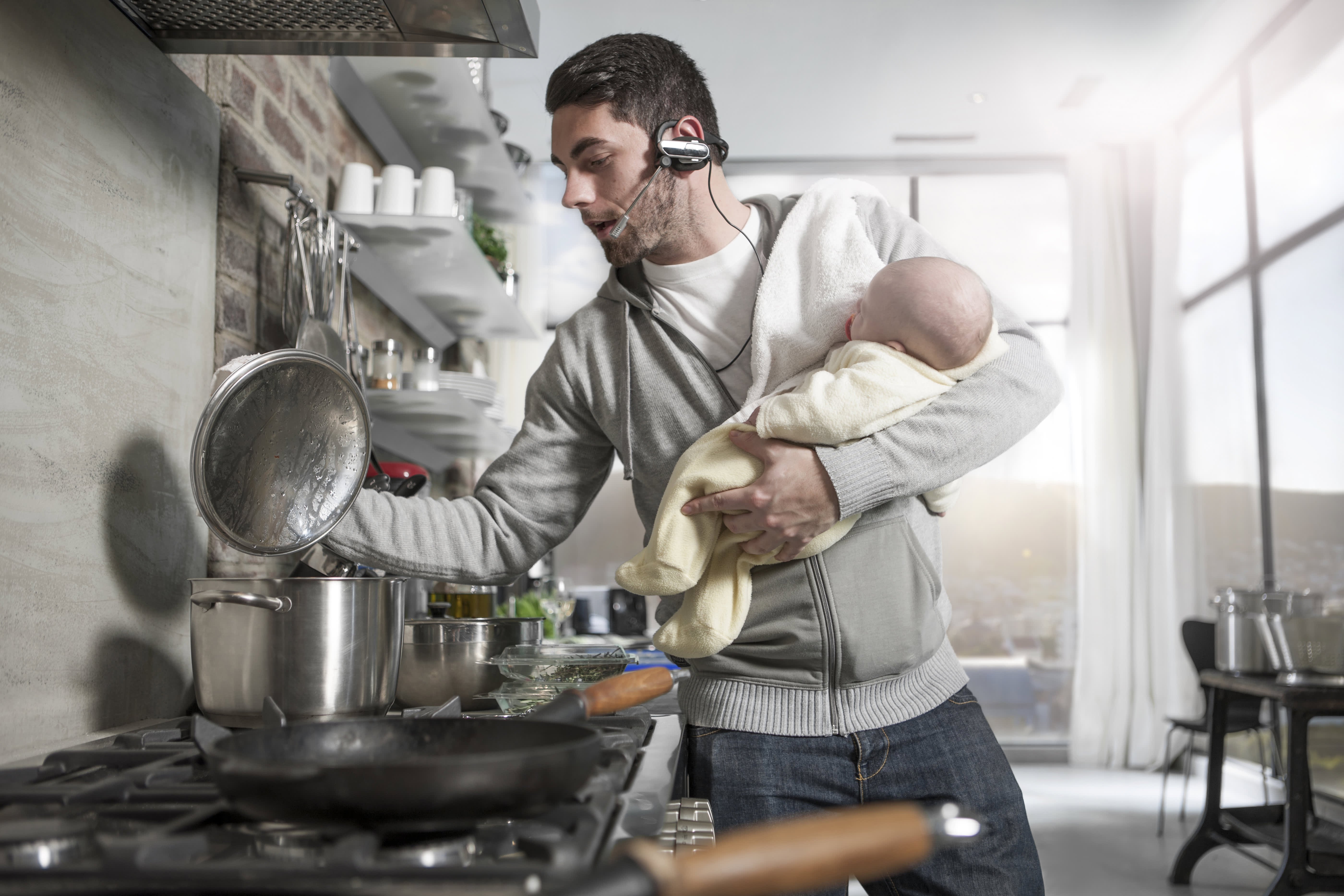The COVID-19 pandemic has forced millions of Americans to work from home. But when it’s all over, many people are thinking that trip from the kitchen to the living room may not be such a bad commute.
States of Play, a joint CNBC/Change Research survey of swing states, finds 42% of respondents nationwide saying they are working from home – a huge jump from only 9% who say they worked completely from home before the pandemic. Some 14% say they are working from home more than before, while 19% are working from home for the first time.
A 58% majority report they are still working outside the home.
Once the economy reopens, 24% say they’d like to work either entirely or more from home compared to how they worked before, while 55% plan to head back to the office and 20% are not sure.
An increase of hundreds of thousands, or even millions, of people who shift to remote work would have major repercussions across the broader economy. For example, if businesses decided to save money by renting or buying less commercial office space as a larger percentage of their employees work from home, that could translate into hundreds of millions of dollars in losses for builders and developers.
The data also shows a major gap between income levels in the ability to work from home. Of people making under $50,000 a year, just 24% work at home. In the middle range, from $50,000 to $100,000, the number jumps to 36%, and for those making $100,000 or more, 46% are able to work from home.
A strong majority, 60% of workers, report being either as productive or even more productive than they were working from the office.
Finally, when asked how they were spending the time they saved on their commute, many respondents said they were spending time with family, hobbies, or simply sleeping. However, 28% said it was an opportunity to get some more work done.
- Spending time with family: 47%
- Relaxing: 44%
- Sleeping: 36%
- Spending time on hobbies or entertainment: 33%
- Working more: 28%
The CNBC/Change Research poll surveyed 5,787 likely voters in the six states on April 17 and 18. It has a margin of error of plus-or-minus 1.3 percentage points.
